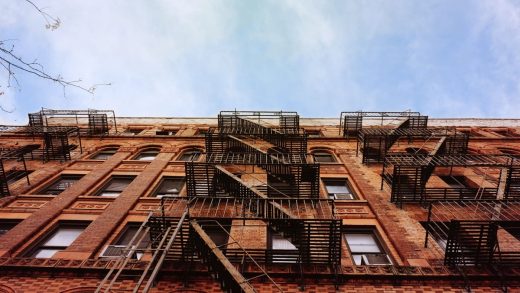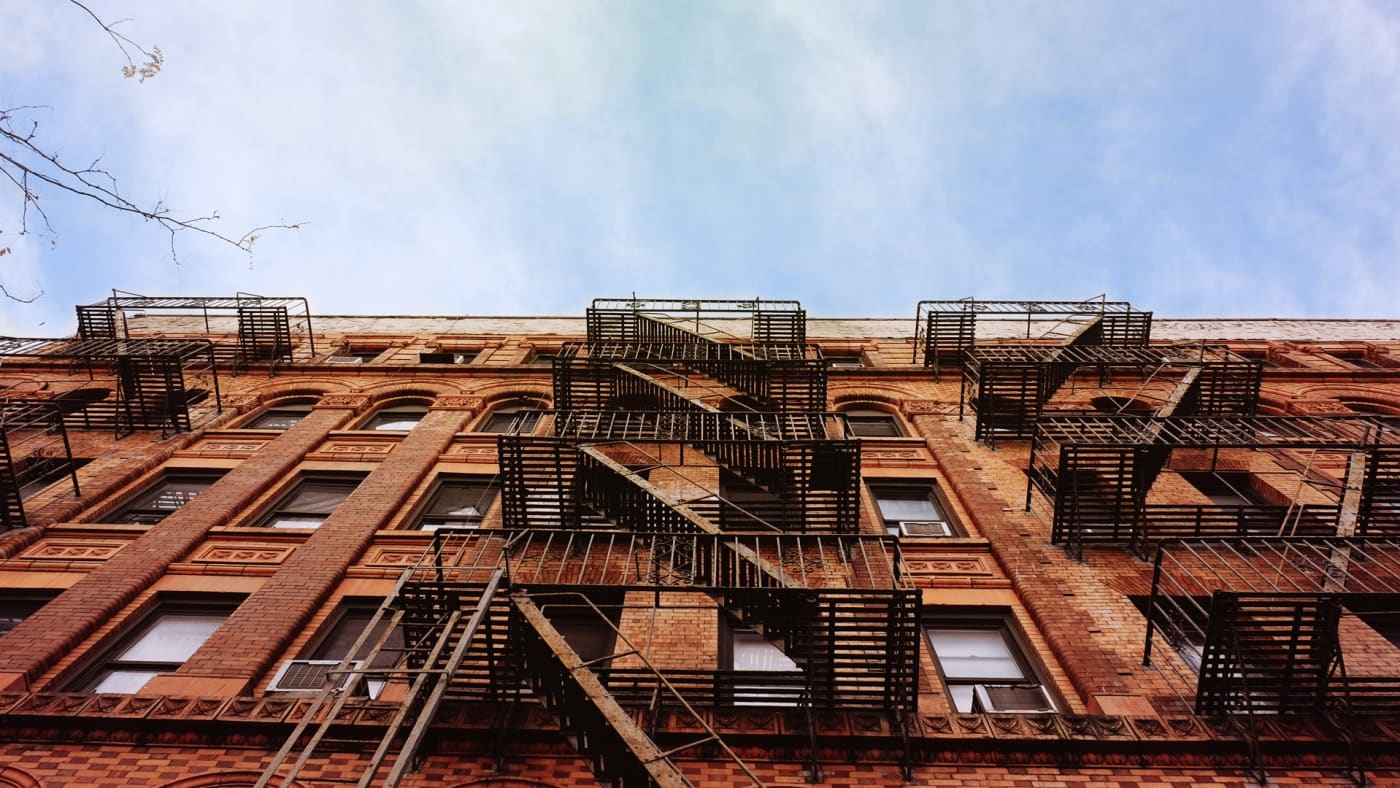NYC Comptroller Says Airbnb Is Bumping Up Rents In These Neighborhoods
Update: AirDNA, a data source cited in the comptroller’s report, says the analysis is “deeply flawed.” It notes that over half of all Airbnbs last year were rented out for 1-3 months, indicating part-time use. Furthermore, the company says, “In New York City, just over 5,300 Entire Homes were rented on Airbnb for six months or more in the past year, representing 0.2% of the total housing supply—it is impossible for Airbnb to have a material impact on rental prices.”
New York City Comptroller Scott Stringer has issued a report on Airbnb’s monetary impact on the city’s neighborhoods, and it’s not good. He found that Airbnb contributed a total of $616 million to rent prices across the region in 2016.
Airbnb has released a follow-up report calling the comptroller’s methodology flawed. “The study wrongly assumes that every Airbnb listing represents permanent housing that is removed from the long-term housing market. This assumption is false.” The counter report also notes that rents are actually falling in the city.
While Airbnb may find fault in the comptroller’s report, Stringer is not the first to find evidence that the home-sharing site contributes to rising rents. Academics have come to similar conclusions. That said, determining Airbnb’s impact is difficult, as the company is not necessarily forthcoming with its data.
A working paper from MIT published last August found that, on average in the U.S., when Airbnb listings grew 10% in a given zip-code, rents would rise 0.39%. Of course, that figure varies from neighborhood to neighborhood. There is also concern the Airbnb is pushing out locals from popular destinations within a city. Researchers in France and Italy have noticed a hollowing out of city centers as Airbnb grows.
Stringer’s report found that over a seven-year period, Airbnb was responsible for a roughly 9% of rental rate increases. (For reference, on average between 2009 and 2017, StreetEasy found that rents in New York City have risen 3.9%.) The Stringer report also breaks out rent rises for several neighborhoods over the study’s seven-year period:
Airbnb has repeatedly said that its platform is, on the whole, good for residents who couldn’t afford their very expensive rent without the extra income they make from home-sharing. That may be true, but it may also be true that Airbnb is helping to create a higher cost of living. What this report may ultimately mean is that tighter regulation of the platform—which governor Andrew Cuomo has already attempted to restrict—is on the horizon. Either way, cheaper rent would be nice, too.
(22)



